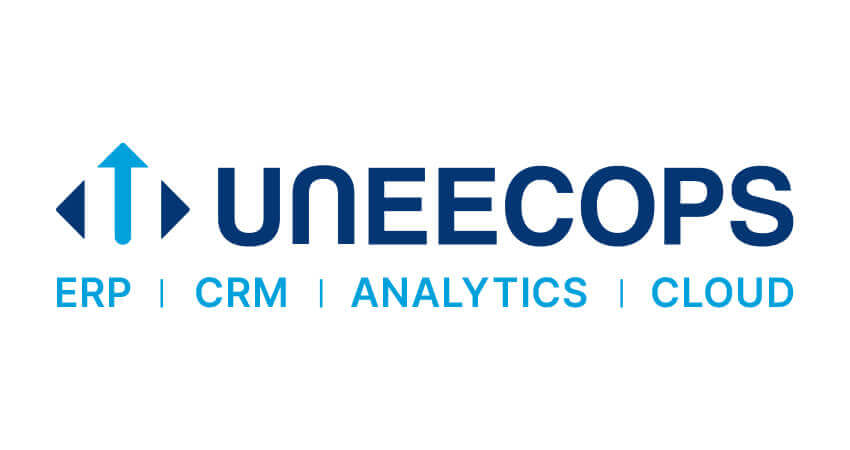When it comes to managing customer relationships and boosting efficiency, small business owners often find themselves asking, “Is Salesforce the right tool for us?” With its reputation as one of the most powerful customer relationship management (CRM) platforms, Salesforce promises solutions that can transform businesses. But is it worth the investment for smaller companies operating on tighter budgets?
This blog will explore the benefits, challenges, and return on investment (ROI) of using Salesforce for small businesses. By the end, you’ll have a clearer picture of whether this CRM system is the right fit for your business needs.
What is Salesforce, and How Does It Work?
Salesforce is a cloud-based CRM platform designed to help businesses manage customer data, streamline sales processes, and improve marketing efforts. Unlike traditional software, Salesforce is hosted online, which means you can access it from anywhere with an internet connection. Businesses use it for everything from lead tracking to customer support, making it a favorite across industries.
For small businesses, Salesforce offers tailored solutions like Salesforce Essentials. It’s a scaled-down version of the platform, geared toward meeting the needs of smaller teams with fewer resources.
The Benefits of Salesforce for Small Businesses
1. Streamlined Sales and Customer Management
Salesforce centralizes all customer data in one place. From contact details to purchase history, your team can access critical information whenever it’s needed. This streamlining can help small businesses save time and ensure no opportunities are missed.
For instance, instead of juggling spreadsheets and emails, your sales team can track a lead’s status throughout the sales pipeline within Salesforce. With automated reminders and actionable insights, closing deals becomes much more efficient.
2. Customization for Your Needs
One of the standout features of Salesforce is its flexibility. The platform allows small businesses to customize the CRM according to specific needs, whether it’s tracking inventory, setting up a project management workflow, or managing client follow-ups.
3. Improved Marketing
Salesforce also integrates with marketing tools that enable small businesses to create personalized campaigns. You can use the platform to segment your audience, send targeted email campaigns, and analyze results, helping you understand what works and what doesn’t.
For example, small business owners can set up automated email campaigns triggered by customer behavior. If a customer abandons a cart on your website, Salesforce can prompt a reminder email. For many small businesses, this added touch can translate into higher sales.
4. Scalability
Unlike smaller CRM solutions, Salesforce grows with your business. Whether you’re a team of five or fifty, the platform has features that can scale with your needs. This scalability makes Salesforce future-proof, helping you avoid the hassle of migrating to a new solution as your business expands.
Challenges of Adopting Salesforce
While Salesforce offers exciting possibilities, there are challenges to consider.
1. Cost
For many small businesses, cost is a significant concern. Salesforce is a premium tool, and its pricing reflects that. While Salesforce Essentials starts at an affordable price, adding additional users or accessing more advanced features can quickly increase costs.
2. Learning Curve
Salesforce is packed with features, but this can be overwhelming for small business teams without technical expertise. Time and resources may be required for training.
3. Overkill for Basic Needs
Small businesses with simple needs may find Salesforce overwhelming. If your team only needs to track a few contacts and send occasional follow-ups, a lighter CRM solution might be more practical.
Calculating ROI for Salesforce
Despite the challenges, many small businesses report a positive ROI after implementing Salesforce. How? By saving time, increasing sales, and better retaining customers.
For example, automating repetitive tasks such as email follow-ups allows staff to focus on high-value work, like closing deals. Additionally, detailed sales insights empower small business owners to make data-driven decisions, resulting in increased revenue.
Making the Decision
Is Salesforce worth it for your small business? Ultimately, it depends on your needs and budget. If you’re looking for a tool to centralize operations, automate workflows, and scale as you grow, Salesforce can be a game-changer. However, if your needs are basic and you’re working on a lean budget, simpler CRM tools may suffice.
Final Thoughts
Investing in Salesforce can unlock powerful tools to improve efficiency and revenue potential for small businesses. While the upfront costs and learning curve may seem intimidating, the long-term benefits often outweigh these challenges. By evaluating your business needs and growth plans, you can decide if Salesforce is the right tool to help you achieve your goals.




